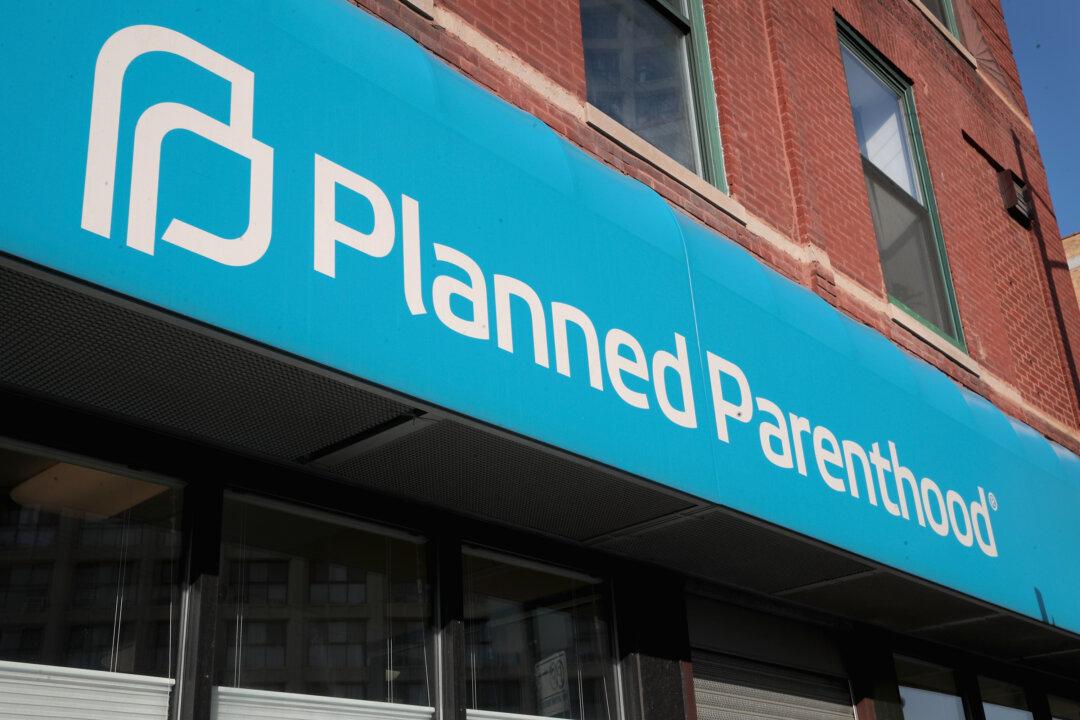A new method adopted by Europe-based Aid Access, one of the largest suppliers of abortion pills, allows U.S. medical professionals in certain Democrat-led states that have passed abortion “shield” laws to prescribe and mail pills directly to patients in anti-abortion states.
Which could result in people gaining more access to abortions over the next year.
Aid Access had until now allowed only doctors in Europe to prescribe the pills and ship them internationally to women in states with restrictive abortion laws, meaning women waited for weeks to get the drugs, but now, they can get them in days, The Washington Post reported.
With telemedicine shield laws in the Democrat-controlled states of New York, Massachusetts, Washington, Vermont, and Colorado, that protect abortion providers who mail pills to restricted states, the result has created a pipeline for legally prescribed abortion pills.
Elizabeth is a SoCal based reporter covering issues in Los Angeles and throughout the state for The Epoch Times. She is passionate about creating truthful and accurate stories for readers to connect with. When she’s not reporting, she enjoys writing poetry, playing basketball, embarking on new adventures and spending quality time with her family and friends.
Author’s Selected Articles





